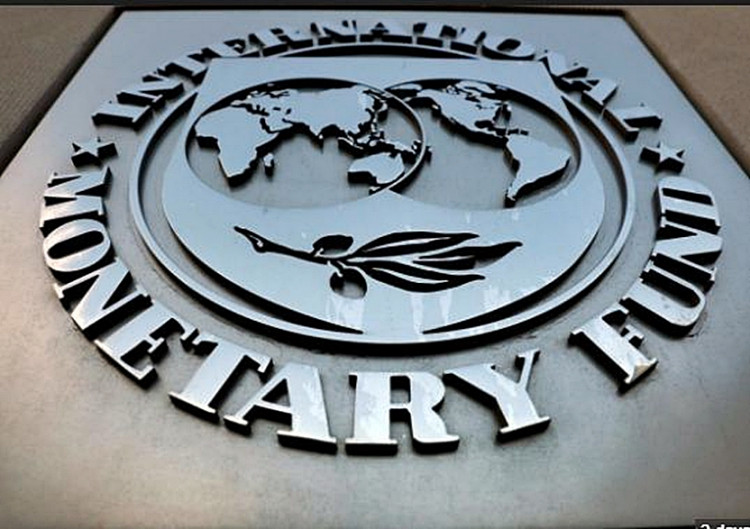Pakistan now says it is exploring multiple avenues to secure the funds it needs to address its worsening deficits, and won't rely solely on a bailout from the International Monetary Fund (IMF).
At the same time, Pakistan also said it will ask China for an integrated economic package comprising financial support; a significant boost in trade and investment and cooperation in agricultural research. Finance Minister Asad Umar said Pakistan will go ahead with an arrangement with the IMF among various other funding avenues.
One of these avenues is Saudi Arabia. Umar emphasized that the financing support package from Saudi Arabia isn't bound by any conditions.
Umar said there is no truth to statements by the opposition that Pakistan will have to accept some Saudi demands in return for the bailout package. He reiterated the Saudis did not make any demands that Pakistan refused to meet. "They made no demands."
He noted that relations between Pakistan and Saudi Arabia "are based on love and have nothing to do with any government." That relationship is being tested by the murder of Saudi journalist Jamal Khashoggi, apparently on orders of Saudi officials.
Umar noted the relationship is a people-to-people connection. Saudi Arabia will stand by Pakistan's side during our time of need and they know we stand by them when they need us.
He claims the government of Prime Minister Imran Khan has been planning since day one in office and working on various sources to secure funds. He said the government is still working on multiple avenues and not only the IMF.
It will become clear in the days ahead just as to how much support is required from the IMF when Pakistan enters into formal dialogue by Nov 7.
Beyond the bailout, Pakistan needs to engage the IMF engagement to access international capital market for bonds; enable fund inflows from the Asian Infrastructure Investment Bank, the World Bank, and the Asian Development Bank and encourage foreign direct investments.
Economists acknowledge Pakistan's budget deficit, which rose to 6.6 percent of GDP in 2017, is unsustainable.
On Oct. 12, the IMF confirmed it will send a team to Pakistan by November following a formal request for emergency bailout loans made by the government. IMF Managing Director Christine Lagarde made the announcement after meeting with Umar and Central Bank Governor Tarik Bajwa.
Lagarde said the Pakistani leaders requested financial assistance from the IMF to help address Pakistan's economic challenges. She said an IMF team will visit Islamabad to initiate discussions for a possible IMF-supported economic program.
If agreed to, the bailout package will be Pakistan's 13th IMF bailout since 1988. The IMF most recently lent Pakistan $6.7 billion in 2013.





